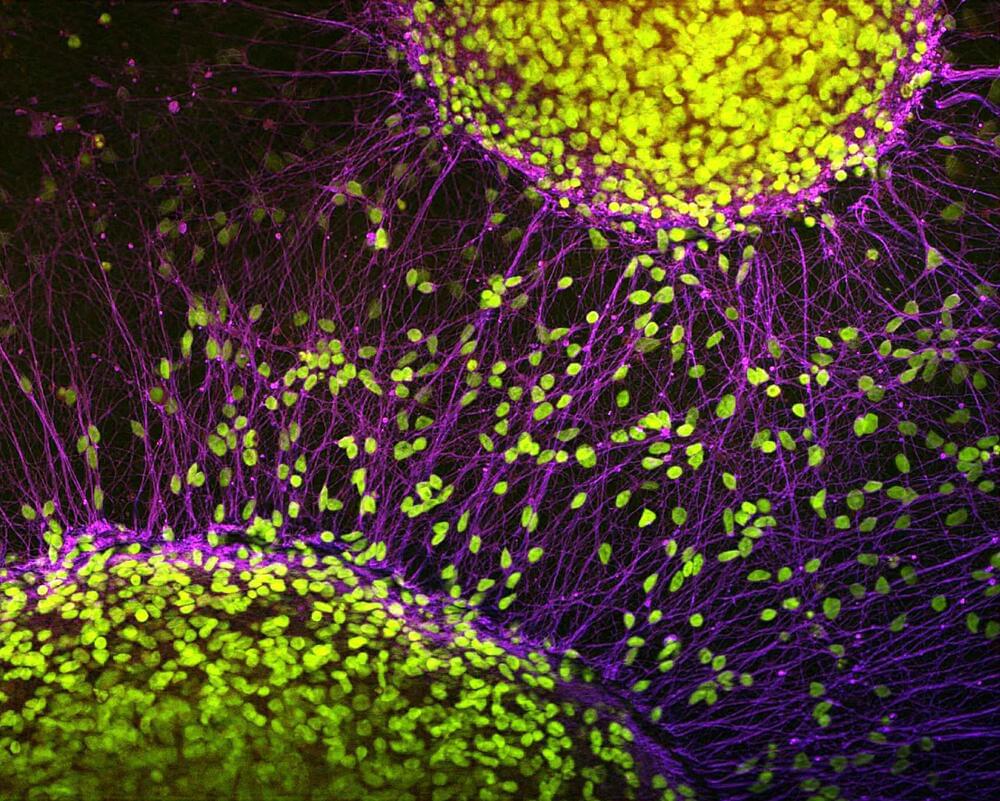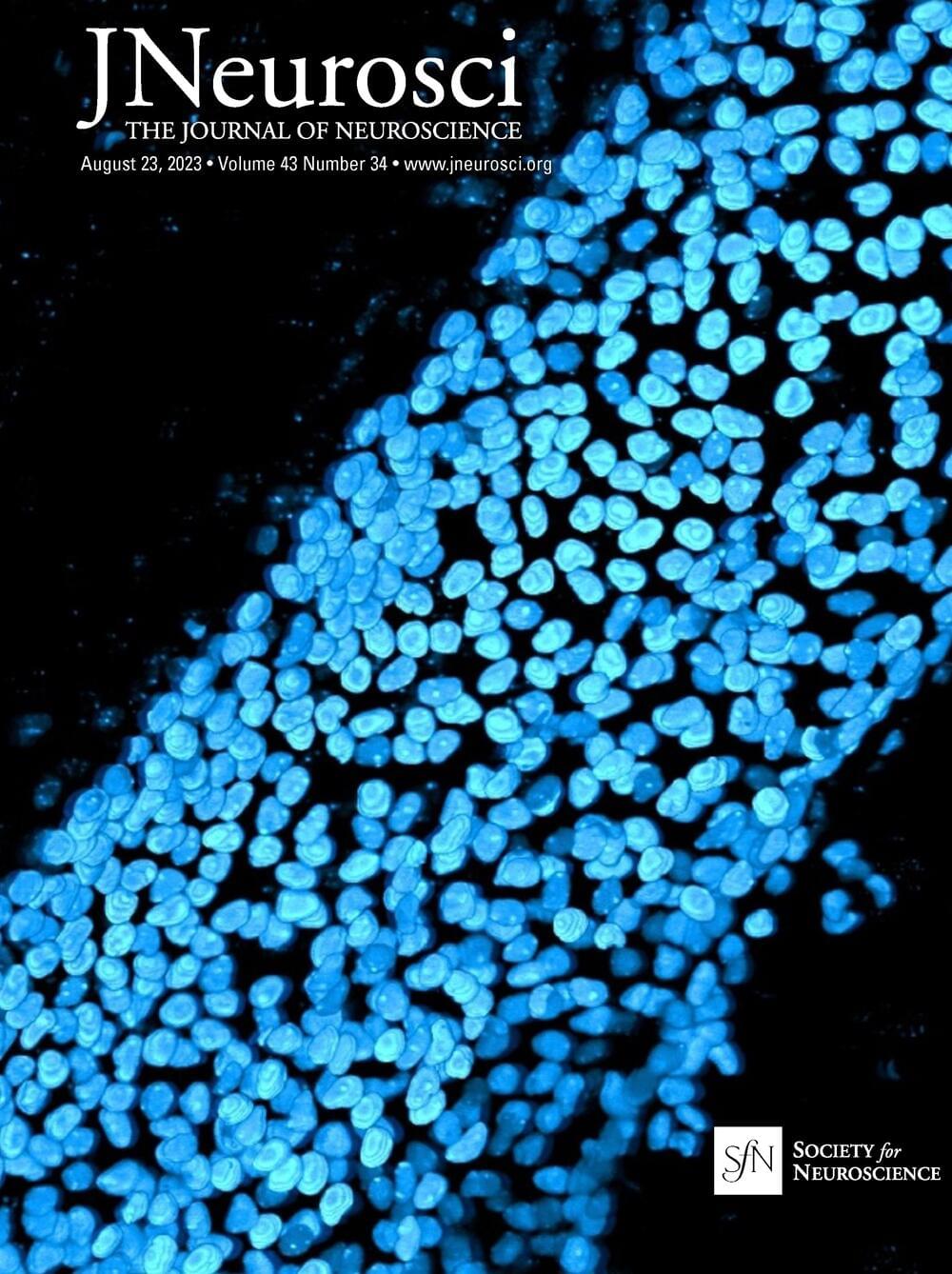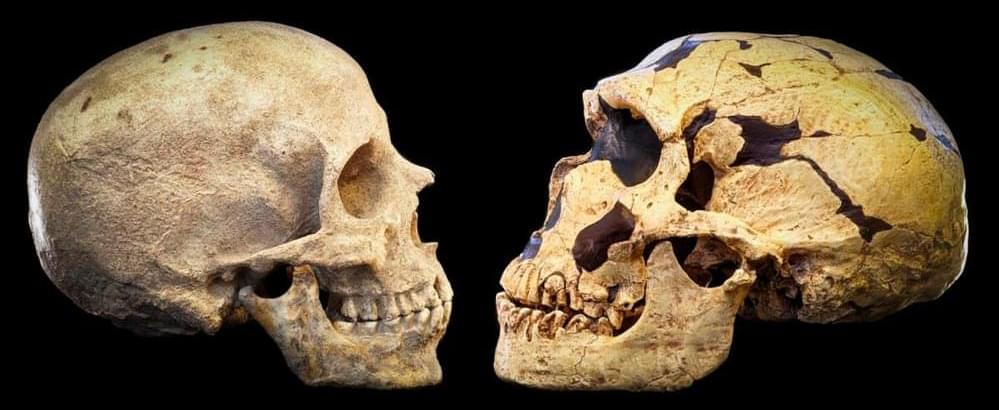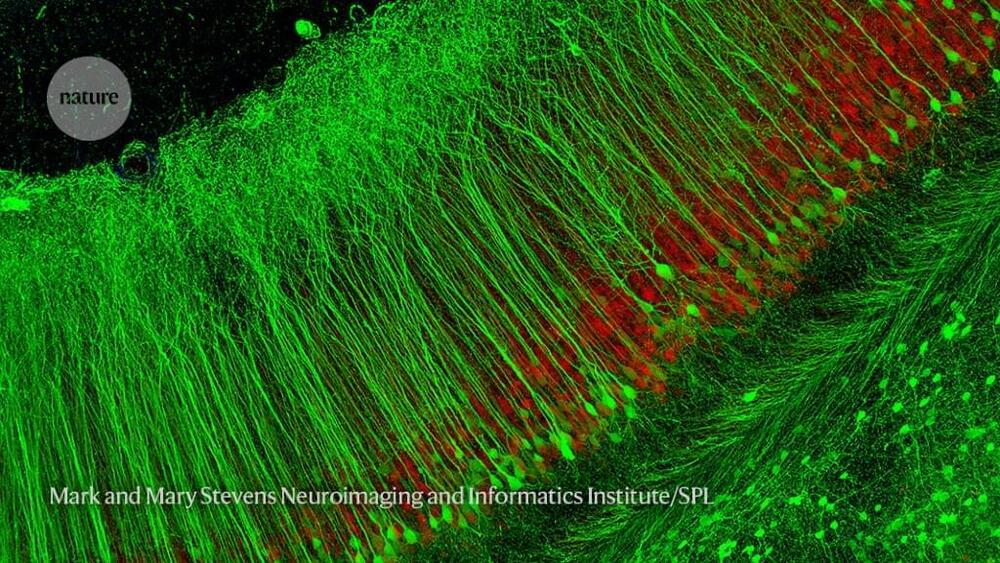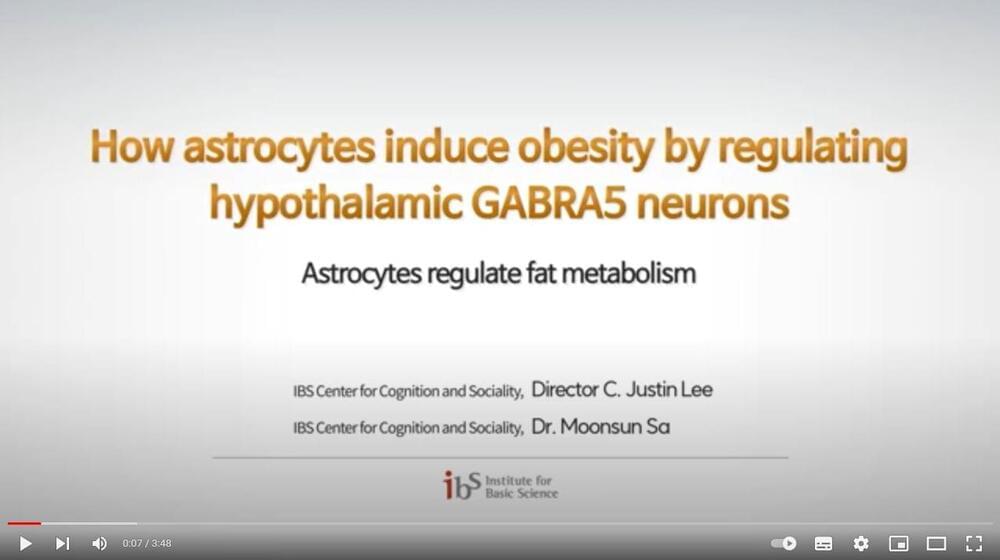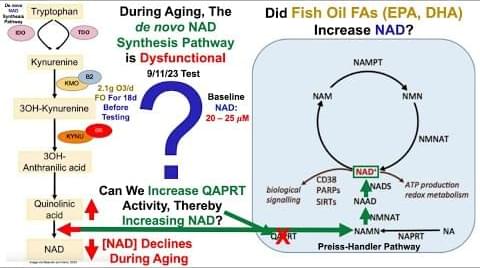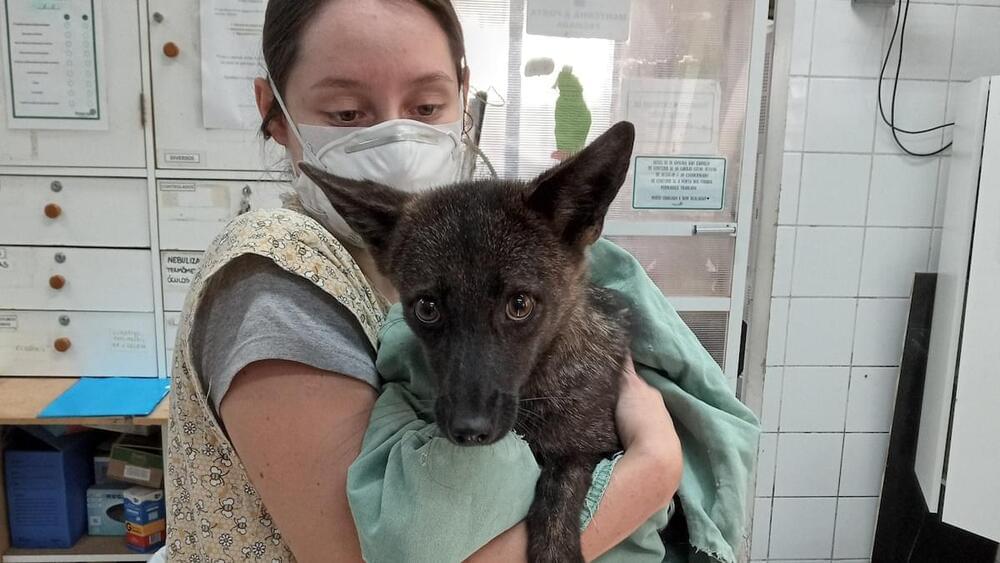Sep 30, 2023
New method tracks how brain cells age
Posted by Dan Kummer in categories: biotech/medical, genetics, life extension, neuroscience, sex
Hospital nurseries routinely place soft bands around the tiny wrists of newborns that hold important identifying information such as name, sex, mother, and birth date. Researchers at Rockefeller University are taking the same approach with newborn brain cells—but these neonates will keep their ID tags for life, so that scientists can track how they grow and mature, as a means for better understanding the brain’s aging process.
As described in a new paper in Cell, the new method developed by Rockefeller geneticist Junyue Cao and his colleagues is called TrackerSci (pronounced “sky”). This low-cost, high-throughput approach has already revealed that while newborn cells continue to be produced through life, the kinds of cells being produced greatly vary in different ages. This groundbreaking work, led by co-first authors Ziyu Lu and Melissa Zhang from Cao’s lab, promises to influence not only the study of the brain but also broader aspects of aging and disease across the human body.
“The cell is the basic functional unit of our body, so changes to the cell essentially underlie virtually every disease and the aging process,” says Cao, head of the Laboratory of Single-Cell Genomics and Population Dynamics. “If we can systematically characterize the different cells and their dynamics using this novel technique, we may get a panoramic view of the mechanisms of many diseases and the enigma of aging.”
